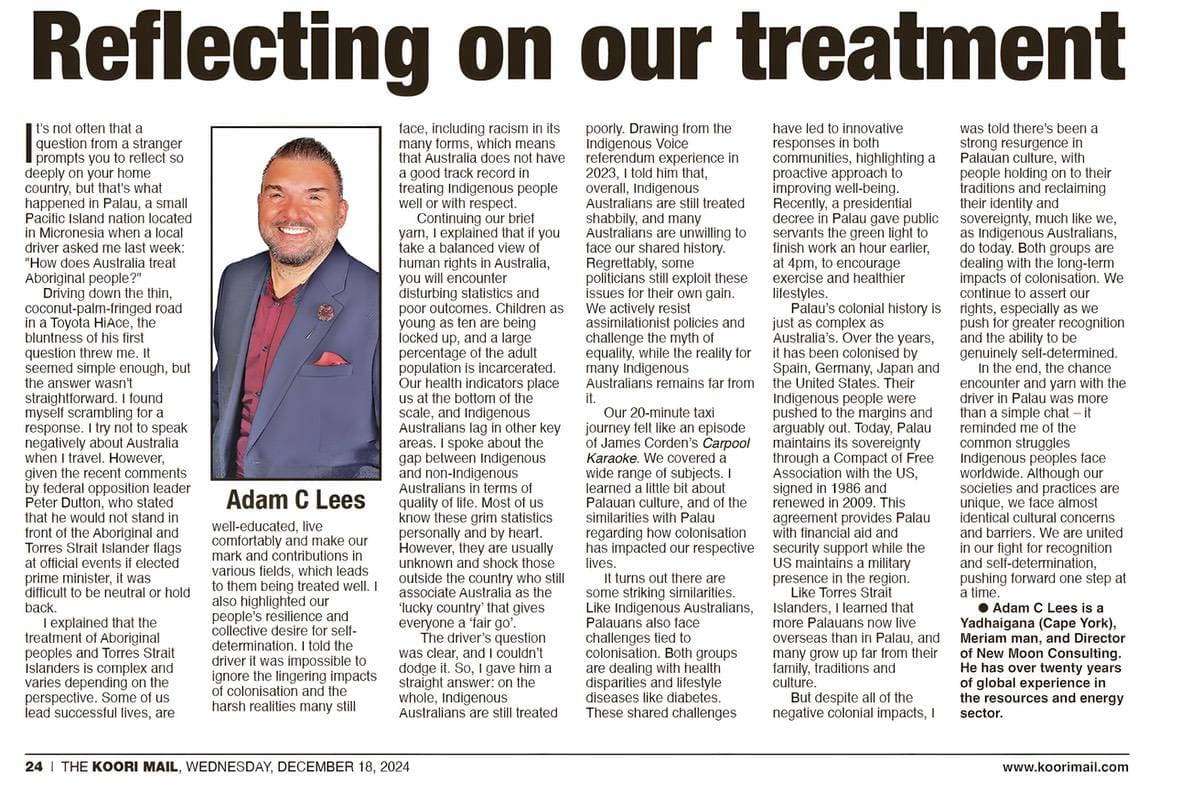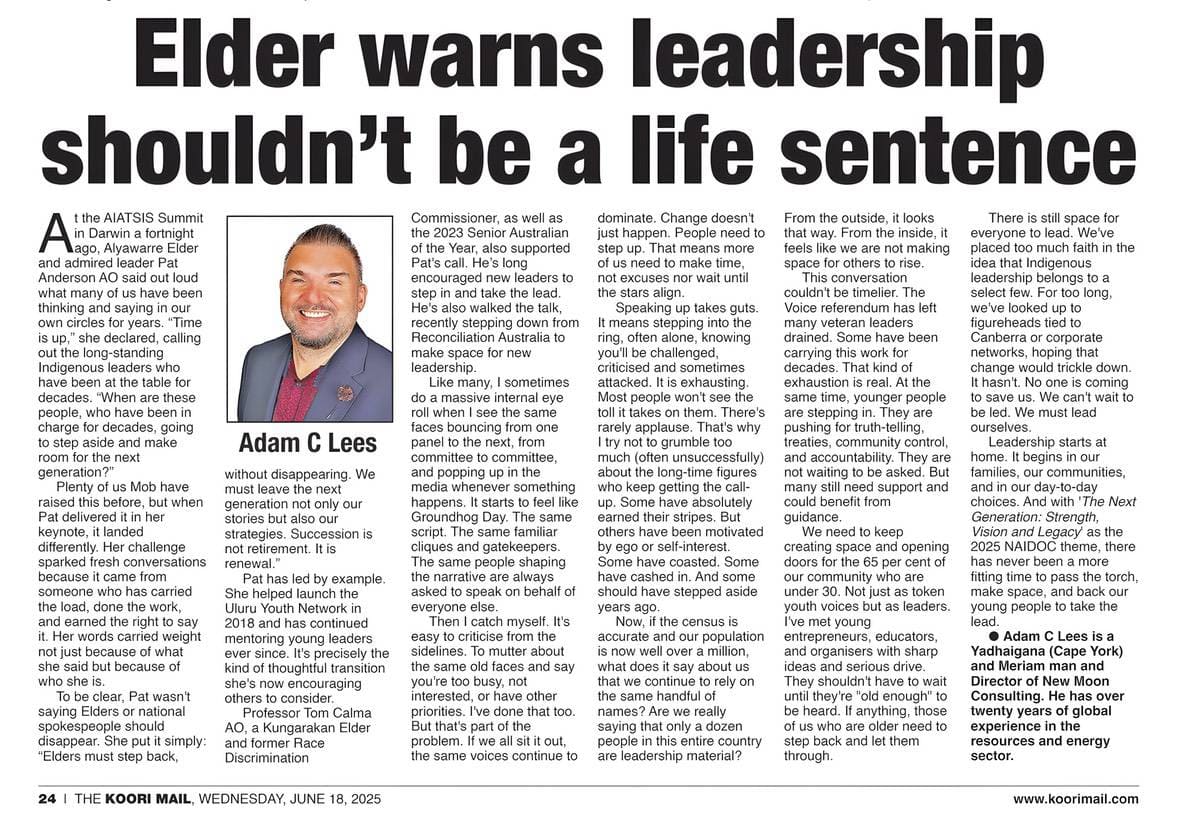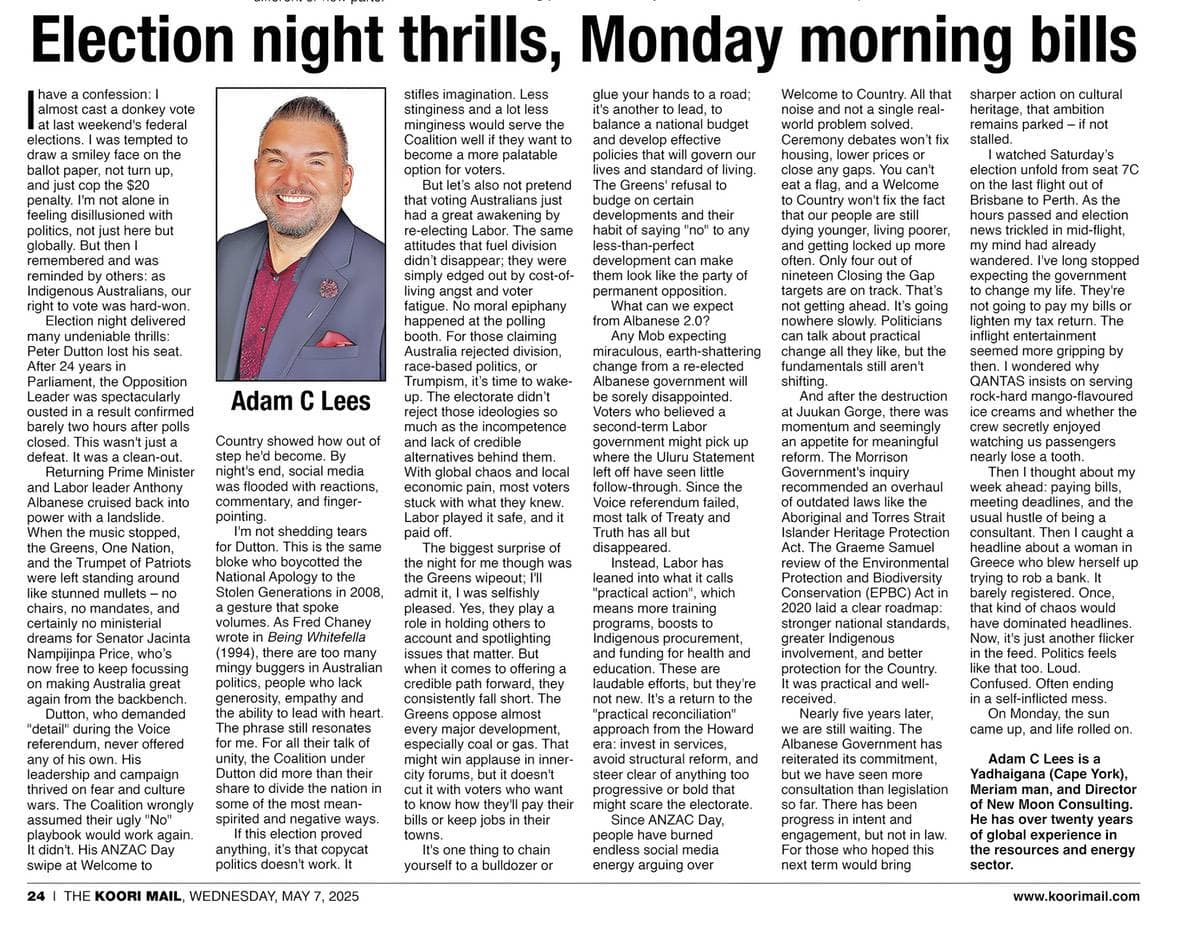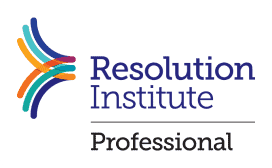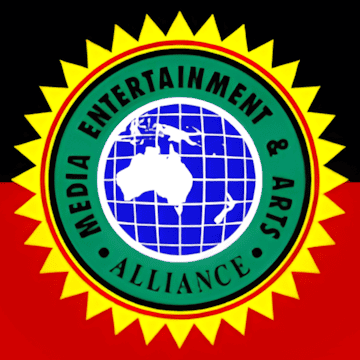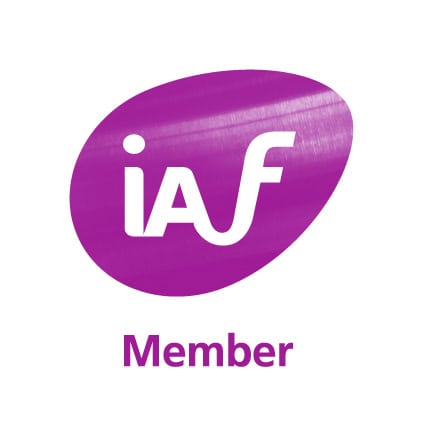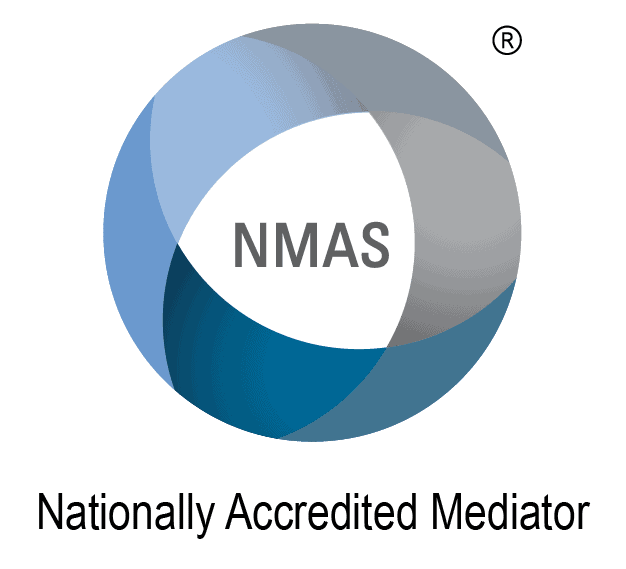It’s not often that a question from a stranger prompts you to reflect so deeply on your home country, but that’s what happened in Palau, a small Pacific Island nation located in Micronesia when a local driver asked me last week: “How does Australia treat Aboriginal people?”
Driving down the thin, coconut-palm-fringed road in a Toyota, HiAce, the bluntness of his first question threw me It seemed simple enough, but the answer wasn’t straightforward. I found myself scrambling for a response. I try not to speak negatively about Australia when I travel. However, given the recent comments by Federal Opposition Leader Peter Dutton, who stated that he would not stand in front of the Aboriginal and Torres Strait Islander flags at official events if elected Prime Minister, it was difficult to be neutral or hold back.
I explained that the treatment of Aboriginal peoples and Torres Strait Islanders is complex and varies depending on the perspective. Some of us lead successful lives, are well-educated, live comfortably and make our mark and contributions in various fields, which leads to them being treated well. I also highlighted our people’s resilience and collective desire for self-determination. I told the driver it was impossible to ignore the lingering impacts of colonisation and the harsh realities many still face, including racism in its many forms, which means that Australia does not have a good track record in treating Indigenous people well or with respect.
Continuing our brief yarn, I explained that if you take a balanced view of human rights in Australia, you will encounter disturbing statistics and poor outcomes. Children as young as ten are being locked up, and a large percentage of the adult population is incarcerated. Our health indicators place us at the bottom of the scale, and Indigenous Australians lag in other key areas. I spoke about the gap between Indigenous and non-Indigenous Australians in terms of quality of life. Most of us know these grim statistics personally and by heart. However, they are usually unknown and shock those outside the country who still associate Australia as the ‘lucky country’ that gives everyone a ‘fair go’.
The driver’s question was clear, and I couldn’t dodge it. So, I gave him a straight answer: on the whole, Indigenous Australians are still treated poorly. Drawing from the Indigenous Voice referendum experience in 2023, I told him that, overall, Indigenous Australians are still treated shabbily, and many Australians are unwilling to face our shared history. Regrettably, some politicians still exploit these issues for their own gain. We actively resist assimilationist policies and challenge the myth of equality, while the reality for many Indigenous Australians remains far from it.
Our 20 minute taxi journey felt like an episode of James Corden’s Carpool Karaoke. We covered a wide range of subjects. I learned a little bit about Palauan culture, and of the similarities with Palau regarding how colonisation has impacted our respective lives.
It turns out there are some striking similarities. Like Indigenous Australians, Palauans also face challenges tied to colonisation. Both groups are dealing with health disparities and lifestyle diseases like diabetes. These shared challenges have led to innovative responses in both communities, highlighting a proactive approach to improving well-being. Recently, a presidential decree in Palau gave public servants the green light to finish work an hour earlier, at 4pm, to encourage exercise and healthier lifestyles.
Palau’s colonial history is just as complex as Australia’s. Over the years, it has been colonised by Spain, Germany, Japan, and the United States. Their Indigenous people were pushed to the margins and arguably out. Today, Palau maintains its sovereignty through a Compact of Free Association with the US, signed in 1986 and renewed in 2009. This agreement provides Palau with financial aid and security support while the U.S. maintains a military presence in the region.
Like Torres Strait Islanders, I learned that more Palauans now live overseas than in Palau, and many grow up far from their family, traditions, and culture.
But despite all of the negative colonial impacts, I was told there’s been a strong resurgence in Palauan culture, with people holding on to their traditions and reclaiming their identity and sovereignty, much like we, as Indigenous Australians, do today. Both groups are dealing with the long-term impacts of colonisation. We continue to assert our rights, especially as we push for greater recognition and the ability to be genuinely self-determined.
In the end, the chance encounter and yarn with the driver in Palau was more than a simple chat – it reminded me of the common struggles Indigenous peoples face worldwide. Although our societies and practices are unique, we face almost identical cultural concerns and barriers. We are united in our fight for recognition and self-determination, pushing forward one step at a time.
Adam C Lees is a Yadhaigana (Cape York), Meriam man, and Director of New Moon Consulting. He has over twenty years of global experience in the resources and energy sector.
